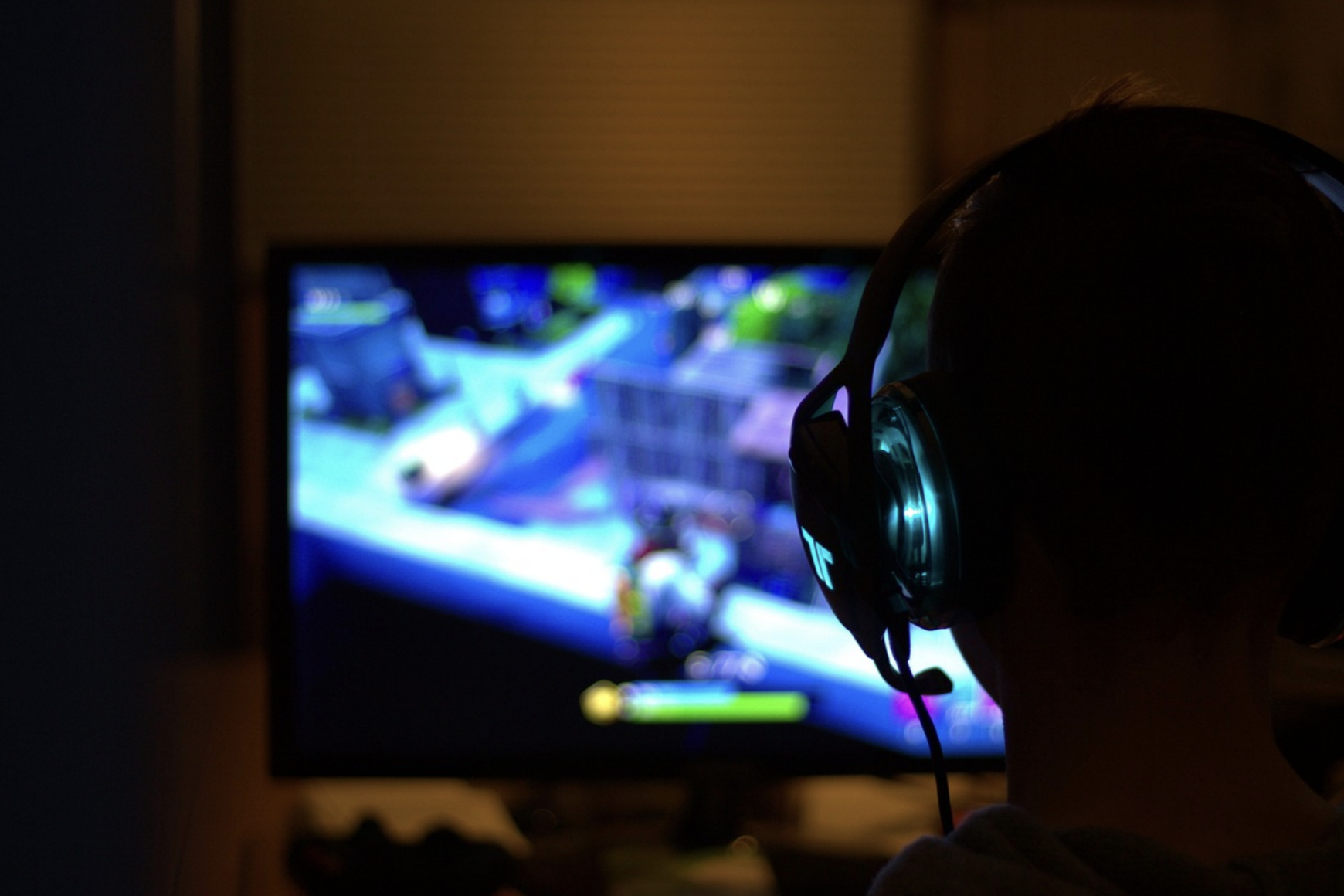In the world of online gaming, picking between mobile and desktop to select the ideal gaming platform is a daily decision for many eager players. As technology continually transforms the gaming experience, each platform brings its unique strengths and challenges, fostering an ongoing debate among avid gamers as to which platform is best. To help players navigate this tricky question, we’ll take a closer look at the shared characteristics and differences of gaming on mobile apps and desktops.
Similarities Between the Two
Both desktop and mobile gaming have some common ground and share a few key similarities, making both excellent choices for gaming.
Game Variety and Accessibility
Both mobile apps and desktop platforms offer an expansive array of games, from adrenaline-pumping shooters to cerebral strategy games. Game developers recognize the diverse preferences of players, ensuring that popular titles are available across both mediums. For instance, both desktop and mobile app users can enjoy the huge selection of games available on the popular gaming platform, Steam. People using computers can access the vast collection of games; these range from action to simulation games, all just a mouse click away. For those using mobile devices, they also now have the luxury to play many of the same games wherever they are using the Steam app.
Gamers using both desktop and mobile can also venture into the exciting and ever-growing world of e-sports, with both platforms providing opportunities for competitive online gaming. Whether you’re playing in a mobile game competition or betting on top e-sports teams, competitive gaming brings added thrills to playing games. Engaging in e-sports betting on both mobile and desktop platforms offers a fast-paced and exciting experience, with users benefitting from the toto site recommendations ranking selected by business2community.com to ensure a secure and reputable gaming experience and environment.

Social Connectivity
The social fabric of gaming remains intact on both mobile and desktop platforms. Multiplayer functionalities, in-game chats, and the ability to connect with friends enhance the communal aspect of gaming. Whether you’re coordinating plans in a desktop strategy game or engaging in quick matches with friends on a mobile app, the feeling of shared experiences remains.
Gamers can forge alliances, embark on quests, and participate in virtual battles together. Popular social platforms like Discord and in-game chat features facilitate communication, fostering a sense of camaraderie among players, irrespective of their chosen platform.
Evolving Graphics and Technology
The ongoing development of technology ensures that both mobile and desktop gaming benefit from advancements in graphics, processing power, and overall performance. High-end smartphones almost rival desktop computers in their graphic capabilities, narrowing the gap and providing visually stunning gaming experiences. This convergence allows developers to create games that can captivate players, whether they’re on a towering desktop setup or a smaller mobile device.
Differences: Which is Better?
While similarities provide a common ground, the differences between mobile apps and desktops add depth to the gaming experience and can help gamers choose which platform is right for them, or if they’d prefer to use a combination of the two.
Processing Power and Graphics
Desktops with powerful CPUs and dedicated graphics cards are the undoubted winner in terms of processing power. This dominance translates into visually spectacular gaming experiences with high frame rates, intricate details, and expansive environments. On the flip side, mobile devices, although advancing quickly, can’t yet match the processing power of desktops. This often results in variations in graphics quality, with some mobile games compromising on detailed visuals for smoother performance.
Input Devices and Controls
An important distinction lies in the input devices each platform employs. Desktop gaming revels in the diversity of control options, from the tactile feedback of mechanical keyboards to the precision of gaming mice. Contrastingly, mobile gaming relies primarily on touch-based controls. While touchscreens offer an intuitive experience, they might not match the precision of physical controllers.
The difference in controls often shapes the gaming experience, with some games thriving on the immediacy of touch controls while others benefit from the attention to detail provided by traditional input devices.
Portability and Accessibility
The mobility of mobile apps is a trump card that desktops struggle to match. Mobile gaming allows players to carry their gaming world in their pockets, transforming any moment into an opportunity for a quick gaming session. The global accessibility of mobile apps means players no longer have to face geographic limitations, making them the preferred choice for those with on-the-go lifestyles.
In contrast, desktops are tethered to a specific location, demanding a dedicated gaming space. While this immobility might be a drawback for some, it also creates an environment great for prolonged and immersive gaming sessions, an aspect that some gamers find important to their experience.
Immersive Experience and Display
The larger screens and high-resolution monitors of desktops contribute significantly to an immersive gaming experience. In genres where a comprehensive view is crucial, such as expansive open-world games or competitive e-sports titles, the advantage of a larger display becomes clear. Paired with high-quality audio setups, desktops deliver an all-encompassing sensory experience. On the mobile front, the compact screens of smartphones can be limiting, especially for games that demand precision and a broad field of view.

Conclusion
In the quest for the ultimate gaming experience, choosing between a mobile app and a desktop isn’t a simple decision but requires a deeper exploration of personal preferences. The shared similarities create a unified gaming community, while differences add variety.
Desktop gaming, with its powerhouse processing and immersive peripherals, caters to those craving a dedicated setup and extended sessions. In contrast, mobile gaming aligns with on-the-go lifestyles, offering quick sessions and intuitive controls. As technology advances, the line between mobile apps and desktops blurs, leading to a hybrid future. In the ever-evolving future of gaming, the choice rests on personal inclinations. Players can choose which option suits their needs best, be it a large desktop setup with monitors for precision play or a convenient mobile app on the go, there is something for everyone.
